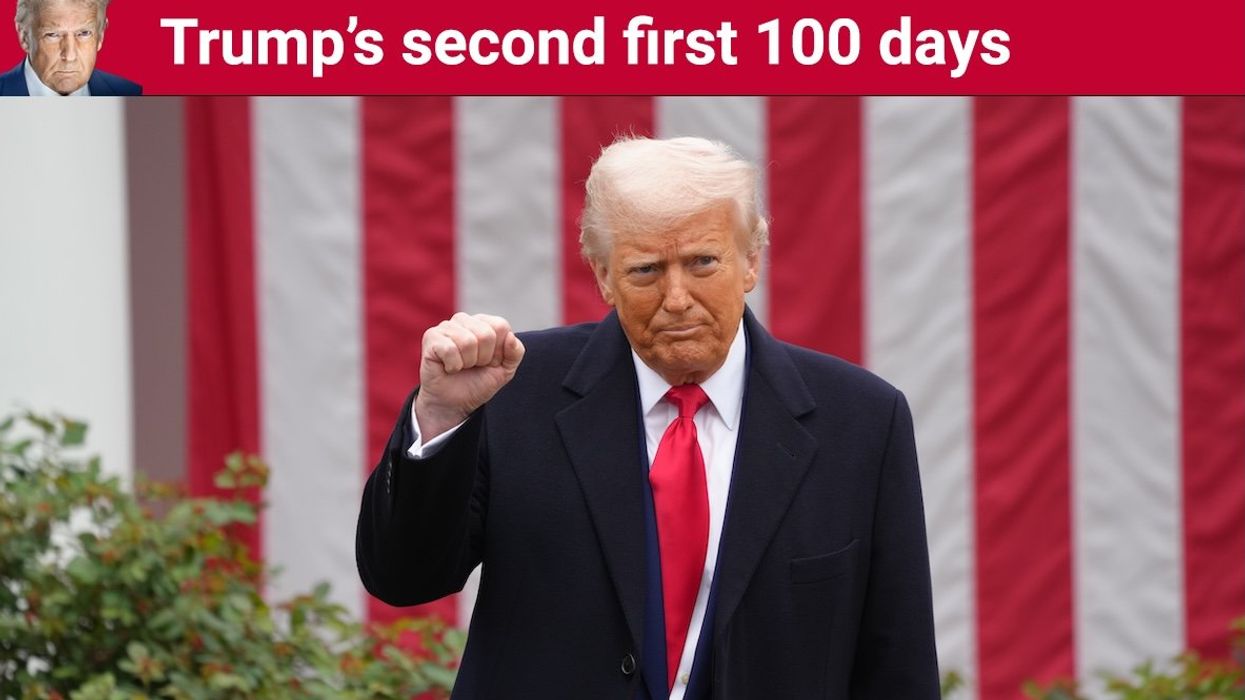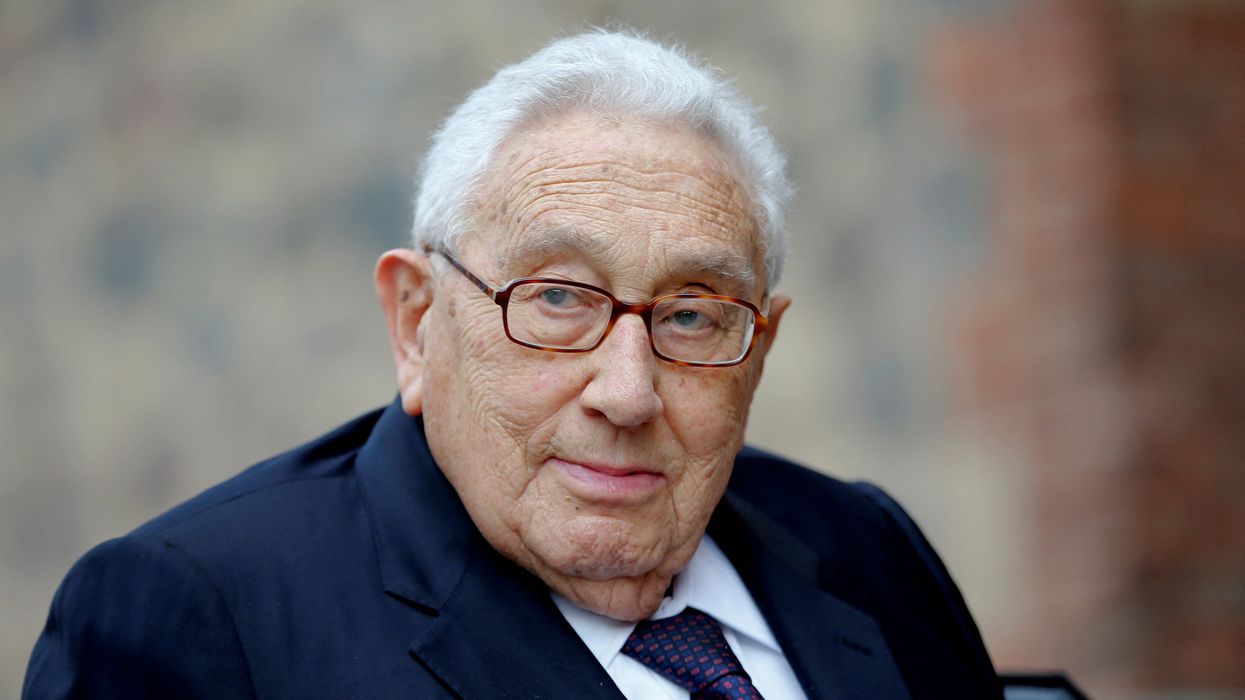Analysis
Is Donald Trump’s foreign policy … working?
Barely three months in, President Trump has bashed America’s closest European allies, spooked NATO into worrying about its survival, taken a chainsaw to US foreign aid programs, pulled the rug out from under Ukraine, threatened to expand US territory for the first time since the 19th century, and started a global trade war that’s pushed protectionism to its highest levels since the Great Depression. That’s a lot for 100 days, and it seems chaotic, but there are a few basic aspects of Trump’s worldview and commitment to “America First” that are consistent and worth understanding.
Apr 27, 2025


